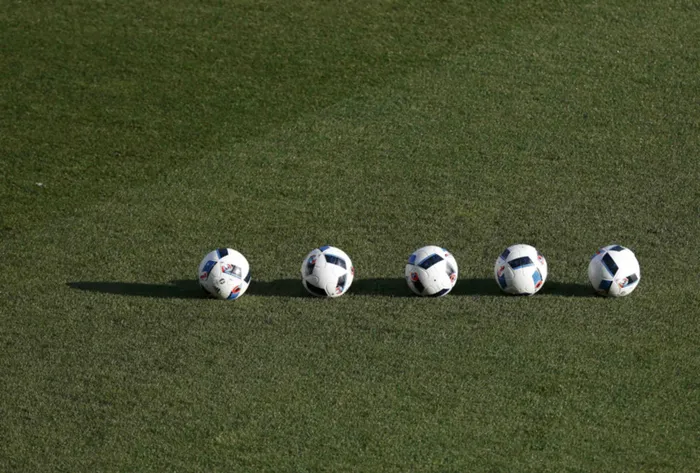Leave running of school sport to educators

File Photo: Vincent Kessler File Photo: Vincent Kessler
Johannesburg - A pretty important court decision slipped by almost unnoticed a few weeks ago. The South Gauteng High Court in Joburg found that, in effect, school soccer in South Africa should be run by the South African Schools Soccer Association (Sasfa) and that the sport’s mother body, Safa, acted illegally in declaring that Sasfa no longer exists and that it would be running the sport at school level from now on.
I’ll give you the background to that court case in a minute, but it occurred to me that there has been a growing tendency for sports federations to throw their weight around and take the responsibility for school sport for themselves, and that’s not always a good thing.
I’m sure by now you realise I’m a bit OCD (Obsessive-Compulsive Disorder)about sport at school being about education, first and foremost. No obsessions are healthy, I know, but there are such things as principles and if you abandon those, then there’s not much point in going on, is there?
And the principles the national federations run their lives by are all about producing winning teams and athletes at international level. We love them for that and pray for their success, but their methods are not always totally educational.
School sport associations are run by teachers, who are supposed to see everything through an educational lens. Not all of them do, not all the time anyway, of course, but we are talking in principle here.
So, what happened with Safa and Sasfa?
I don’t pretend to know the full story, but it seems that Safa, for various reasons, decided at their congress in September last year to disband Sasfa and physically kicked them out of the offices they occupied at Safa House.
Sasfa - on the basis of a memorandum of understanding signed between the Departments of Basic Education and Sport and Recreation, which makes the role of the national federations (to give technical support) quite clear - then went to court.
The court ruled that the matter should go to arbitration, but Safa then unilaterally appointed their own arbitrator, which resulted in the recent high court matter.
There the judge ruled that they should still go to arbitration, with a mutually agreed arbitrator, and in the mean time school soccer is back in the hands of Sasfa.
Sasfa has it’s weaknesses, the main one being that they are unable to bring the burgeoning game at independent and former model C schools into the fold. But they do provide some sort of organised soccer to schools in the remote corners of the land, where nothing else is happening.
And I have met some fine educationists among the teacher-volunteers that work for them.
What Safa can bring, apart from (they claim) better administration of the quite substantial sponsorship involved, is not clear.
The situation with rugby and cricket is quite different.
Those federations give massive technical support to, and put a lot of money, into development.
But my impression in recent years is that they are having more and more of a say in the running of those games at school level.
The way in which the Craven Week and Khaya Majola cricket have abandoned tradition and become talent-identification exercises in the main, and the organisation of youth international rugby matches at the same time as the biggest inter-school derbies (and league play-off games) of the year, is quite disturbing.
There are schools organisations made up of teachers who nominally run affairs, but it’s clear national bodies call the shots.
At least no-one has gone to court yet. I just hope someone, somewhere is wondering: “Is this educationally accountable?”
And that they will insist the interests of the children, and the schools who look after them all-year long, are placed first.
Independent Media